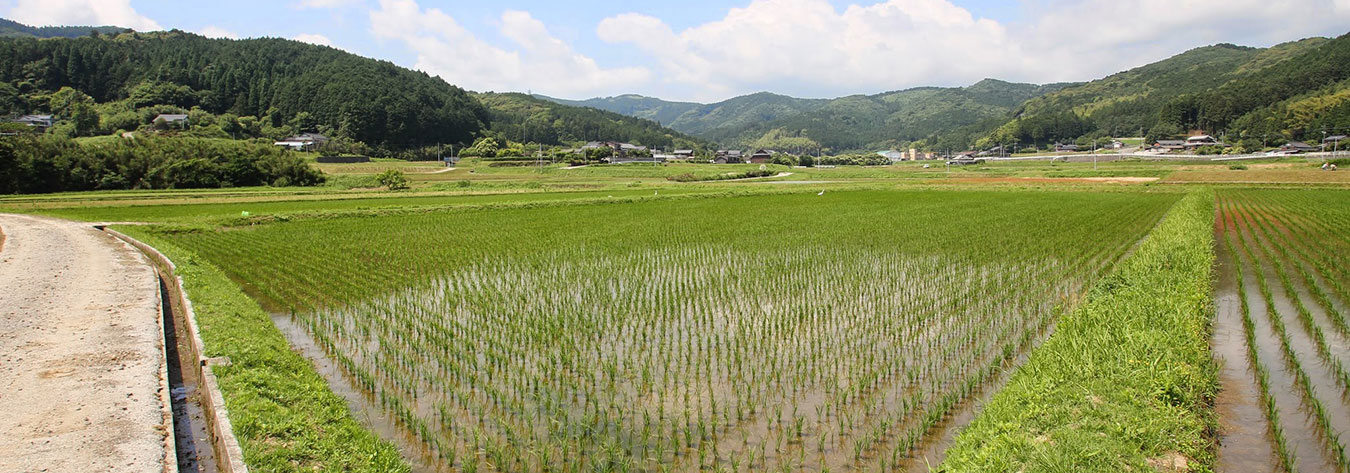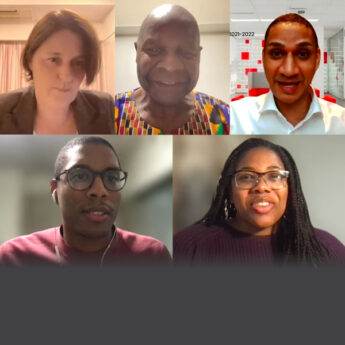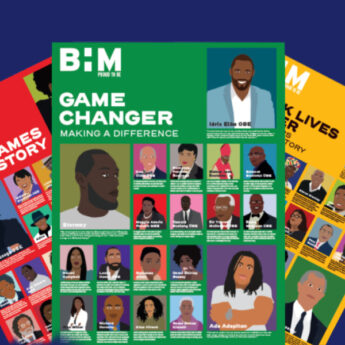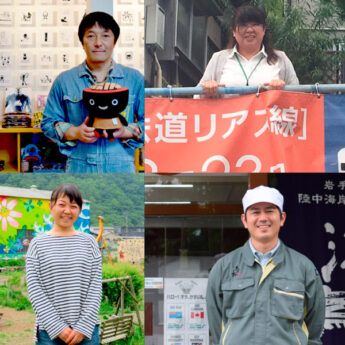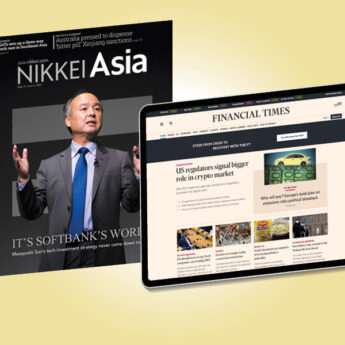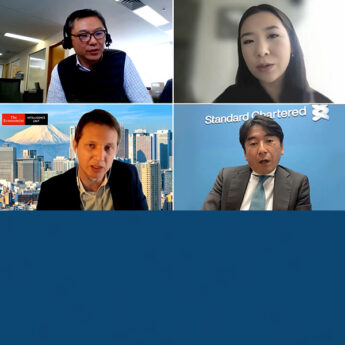- Passion required to deliver quality, exceed expectations
- Important to work with bureaucracy, not fight it
- Firms have a responsibility to contribute to wider society
According to Paul Christie, chief executive of Walk Japan, the best things take time—and need to be constantly improved.
“Some of our tours can take three years in gestation”, he told members of the British Chamber of Commerce in Japan at its Small is Great VIII event in central Tokyo on 28 January. “We spend a lot of time making sure that, from day one, they are very good. From then on, they are a living thing: they are changing and adapting all the time”.
This drive for perfection is undoubtedly among the reasons for the travel firm’s success. Founded by two academics in 1992, Walk Japan was struggling following the end of a relationship with a big operator—until Christie joined as a partner. “I was convinced that I could build [the business]”, he said.
And that is what he has done. Having begun by offering one walking tour on the Nakasendo Way—one of five routes created in the Edo Period (1603–1868) to connect Tokyo and Kyoto—the firm is now ranked by National Geographic as one of the 200 Best Adventure Travel Companies on Earth. It offers more than 20 trips, from gentle rambles to challenging hikes, as well as kayaking, golf, snow shoeing and photography.
Aside from independent international tourists, customers include overseas school groups and UK-based travel agencies. Perhaps most indicative of the firm’s success, however, is that these tours—created with a view to “introducing the real Japan, geographically and culturally, that often remains inaccessible to most visitors”—also are attracting Japanese participants. While Christie admits that they are often surprised to learn that a non-Japanese is promoting the country, they often express interest in joining when he explains the tours.
“You have to be passionate about anything if you are going to put your life and soul into it”, he said. “What we’re saying is that what’s written on the package is what you’re going to get, and the package is much bigger than you realise”. This is the reason, according to Christie, that customers say the tours exceeded their expectations.
He is keen to set standards and good practice, rather than follow them. For example, Walk Japan’s leaders complete first aid training even though they are not required to do so. The firm also fosters good relationships with, and among, staff.
“If guides in Japan know something, they keep it to themselves to have a competitive edge”, Christie said. “But our tour leaders share a lot. By doing that, they do a better job, our company does a better job, and our customers have a more complete experience”.
When faced with bureaucracy, he is understanding and patient: “We’re not going to change Japan, we’re working with it”.
With an increasing number and range of tours, buoyed by a weak yen and the growing popularity of Japan as a tourist destination, the future looks bright, and Christie is focused on the long-term. “I’d rather we pull down the growth rate or even flatten it, if necessary, to make sure that our core qualities remain”, he said.
One of these is a strong sense of corporate social responsibility. Located in an old farmhouse that Christie converted into an office, Walk Japan is economically and socially transforming the small rural community of Kunisaki in Oita Prefecture.
Aside from showing that a successful international business can operate anywhere—provided there is Internet access—the firm is ploughing fields, harvesting crops, building infrastructure, employing locals and planting trees.
“Businesses must have a responsibility to wider society”, Christie said.
